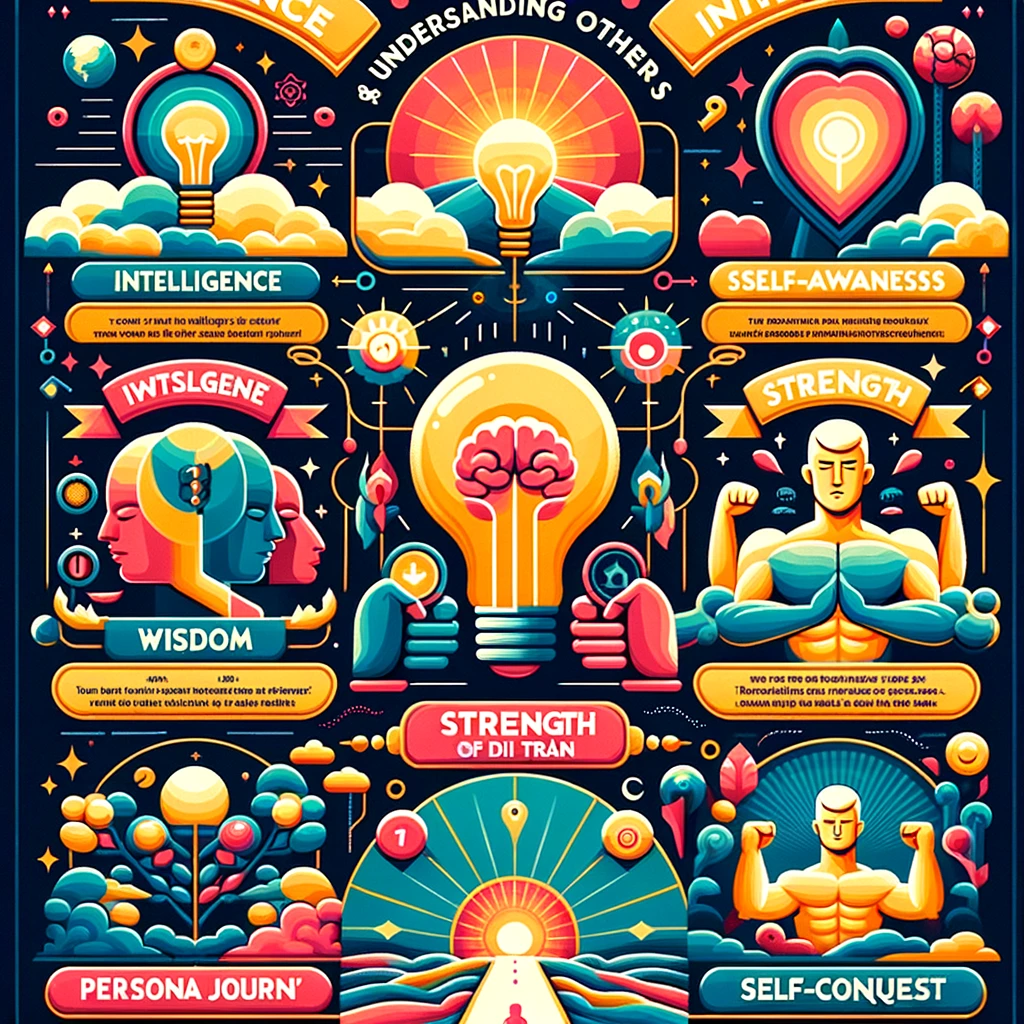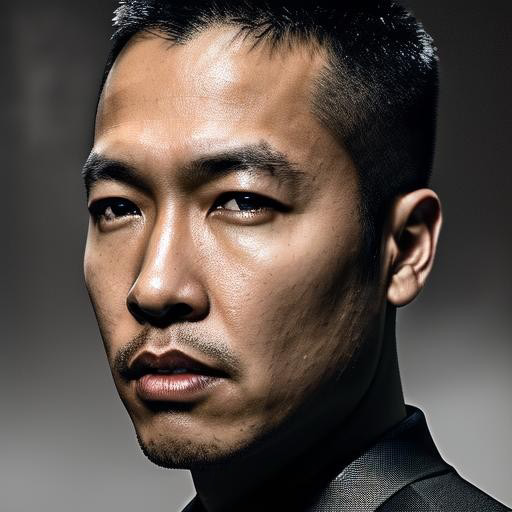Introduction In a world constantly seeking the definition of true strength and wisdom, an ancient adage offers profound insight. It states, “Those who understand others demonstrate intelligence; those who understand themselves exhibit wisdom. The strong may conquer others, but the true champions are those who conquer themselves.” This saying encapsulates a timeless truth about human nature and success.
Understanding Others: The Mark of Intelligence Intelligence, often measured by one’s ability to navigate the world, solve problems, and understand others, is a valuable trait. It allows individuals to interact effectively in social environments, predict behaviors, and make informed decisions. This form of intelligence is critical in leadership, diplomacy, and everyday social interactions.
The Depth of Self-Understanding: The Root of Wisdom Wisdom, however, delves deeper. It’s not merely about understanding the external world but turning the gaze inward. Self-awareness and introspection lead to wisdom – a profound understanding of one’s own motivations, emotions, and limitations. This self-knowledge is often more challenging to attain, as it requires honesty, vulnerability, and reflection.
Conquering Others vs. Self: The True Measure of Strength Strength is traditionally viewed as the ability to overpower others, whether through physical might, influence, or intellectual prowess. However, the ability to conquer oneself is a higher form of strength. This involves mastering one’s impulses, overcoming weaknesses, and staying true to principles in the face of adversity. It’s a silent, personal battle, often unnoticed by others, yet it marks the essence of a true champion.
Conclusion: A Champion’s Journey and Di Tran’s Realization
The journey to becoming a champion in this sense is lifelong and personal. It involves constant learning, growth, and the courage to face one’s innermost fears and flaws. By understanding others, we become intelligent; by understanding ourselves, we become wise. But by conquering ourselves, we become more than just strong – we become true champions, both in our eyes and in the essence of our being.
Di Tran has heard this many times, but the true depth of its meaning only resonates through personal experience. To actually feel it and somewhat incorporate this into one’s life, it takes a certain life experience. For Di Tran, this wasn’t just a theoretical understanding; it was a transformative journey. This philosophy, thus, serves not only as a guide in our quest for personal development but also as a beacon for achieving not just external success, but internal harmony and fulfillment. Di Tran’s experience exemplifies that wisdom and strength are not just concepts to be understood but lived and felt deeply through the trials and triumphs of life.








